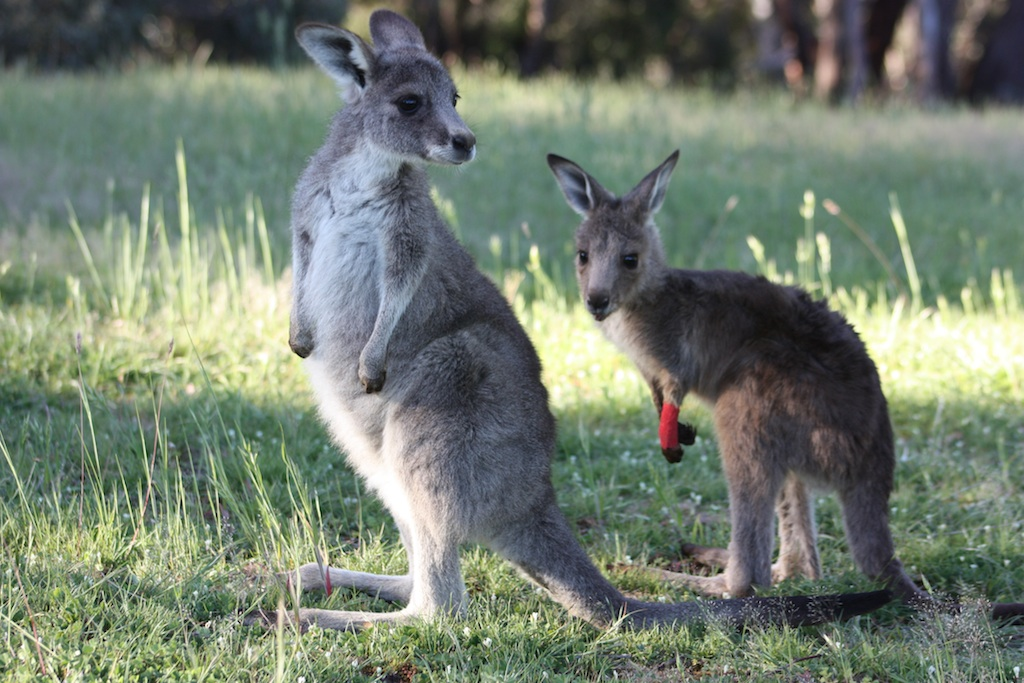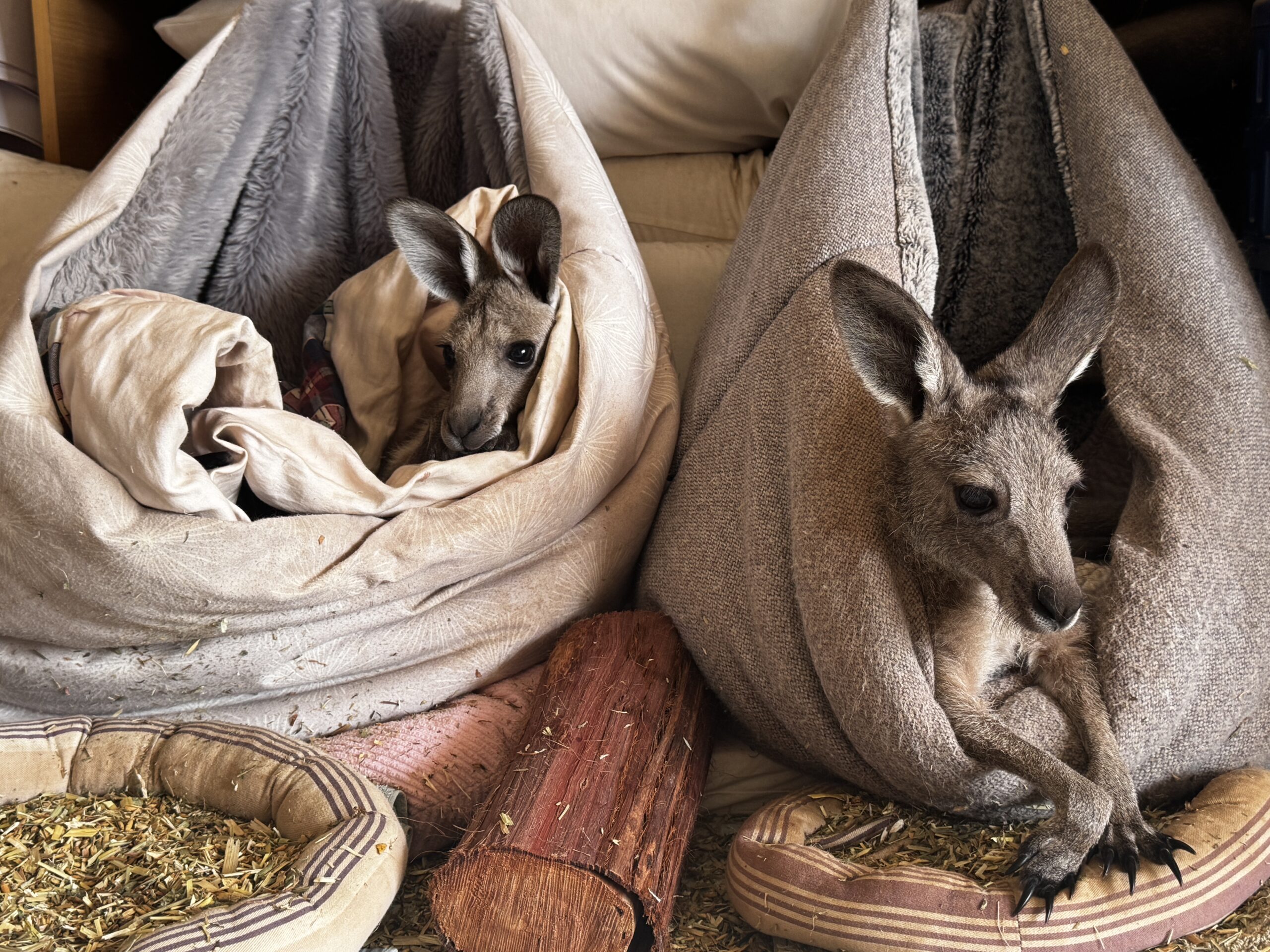Data on NSW licencing reveal the extent of Government-sanctioned destruction of native animals in the state | Conservation groups and wildlife carers to provide evidence of the extent of cruelty at inquiry into licensed killing SYDNEY (5 February, 2026)—Humane World for Animals Australia (previously Humane Society International Australia) will...
Garry Linnell’s recent piece on wildlife protection advocates in the Sydney Morning Herald was an unfounded and unfair attack on welfare organisations and conservationists seeking protection for animal species great and small across our world. Painting with a hugely broad stroke of the brush, Linnell went in and drew a massive correlation between the social media users who bandied out the terms ‘karma’ and ‘irony’ at the recent death of hunter Theunis Botha, killed by an elephant on a big-game hunt, and wildlife advocates the world over who work day in and day out for a more ecologically sustainable planet for all creatures – humans included.
The perceived enjoyment at the death written in comments on social media has nothing to do with professional advocacy for animal welfare. Nowhere does Linnell reference any official comment by animal welfare or conservation charities celebrating the death. That’s because there are none. Ours certainly didn’t celebrate it.
Any abusive postings on social media are not in the character that professional organisations seek to uphold when partaking in our activism.
Linnell mistakes the everyday social media user commenting such a thing as an example of an “animal rights activist” as a simple attempt to discredit a legitimate movement working to find a more balanced way for our world to be. Linnell surely understands the comments section can be home to a range of provocative and emotionally charged views written by any member of the general public. You are less likely to find official statements from legitimate organisations there.

Culls have been proven time and time again by scientists to be ineffective in promoting safer oceans. Image: Ecodivers
Animal welfare and conservation groups work tirelessly on a range of issues and on innumerable species in order to better protect our planet. There is no exclusive caveat that asks you to renounce any respect for human life if you’re an animal lover when joining activist groups or animal welfare organisations. Such a view would be counterproductive to what we are actually trying to achieve. Seeking protection for animals is not about pitting animal against human life. That is a simplistic headline grabbing exercise by our opponents that does nothing for conservation nor humanity. Human life depends on healthy thriving natural ecosystems, as does all life on our planet.
Linnell references that it’s the same “misguided value system” on display by animal activists whenever there is a death in our oceans due to a shark. Simply pointing out that culling programs will not make our oceans any safer should never be equated with trivialising a death of a human being. That’s because any death in our oceans is a tragedy, and culls have been proven time and time again by scientists to be ineffective in promoting safer oceans. Healthy fisheries depend on top predators for their functioning and productivity. Humane Society International has been on the great white and grey nurse shark recovery teams, and our organisation was responsible for protection they now receive under Commonwealth law. There is no evidence, as Linnell suggests, that great white numbers are increasing. In fact, the latest figures published by CSIRO only two years ago showed the species still very much qualifies for its threatened status.
Simply put, there is no disdain for human life when it comes to seeking a kinder and ecologically sustainable planet for all human and animal kind. Such a generalisation on wildlife protection advocates would be better left in the comments section of a social media post along with those that riled up Linnell in the first place.


